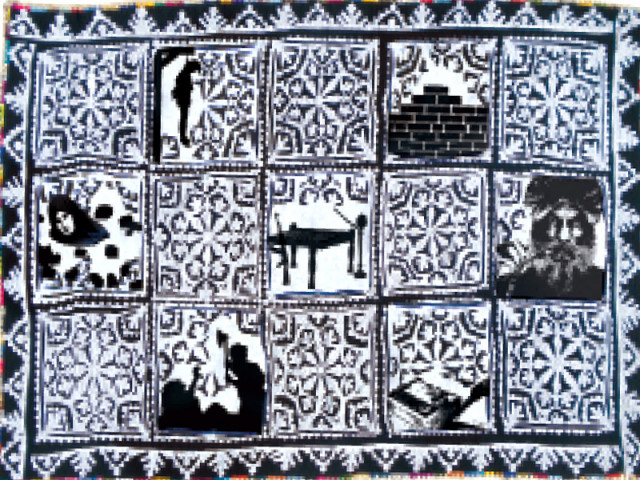No honour in killing
Sindh alone accounts for 602 of the 933 cases of honour killings reported in the country in the last two years.

The fact that these murders happen with the regularity that they do reflects our collective failure and tolerance of customs that are dependent on acceptance of brutality.. DESIGN: FAIZAN DAWOOD
Sindh alone accounts for 602 of the 933 cases reported in the country in the last two years. It is time the Sindh government shook off its slumber and actively looked into measures to reduce the prevalence of such crimes. The statistics, although shocking enough, may well be poor estimates. The Human Rights Commission of Pakistan in its 2013 report put the number of women killed for ‘honour’ for that year alone at 869. These incidents are seen as mere numbers released by human rights organisations annually, but beyond the numbers that we seem largely desensitised to, are incidents just as brutal as that of Farzana’s death. The fact that these murders happen with the regularity that they do reflects our collective failure and tolerance of customs that are dependent on acceptance of brutality. To curb these incidents, such murders must be seen as crimes against the state as opposed to crimes against individuals. And at least in the case of ‘honour’ killings, pardons by family members should not be accepted and murderers forgiven. It is also crucial to actively rethink language and work to separate the word ‘honour’ from these killings. The state must start valuing the lives of its citizens more than just allowing them to be taken away for listening to music, dancing or for just falling in love.
Published in The Express Tribune, February 13th, 2015.
Like Opinion & Editorial on Facebook, follow @ETOpEd on Twitter to receive all updates on all our daily pieces.















COMMENTS
Comments are moderated and generally will be posted if they are on-topic and not abusive.
For more information, please see our Comments FAQ